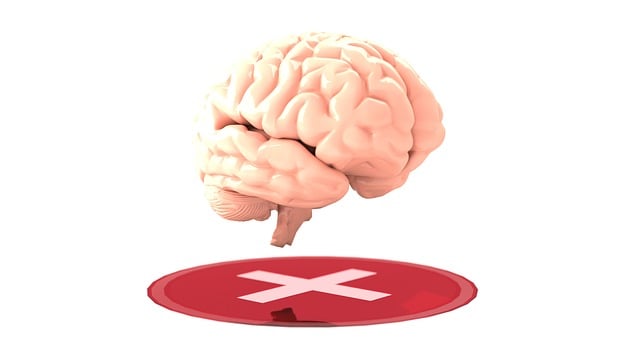Mental wellness is a critical aspect of overall health, encompassing emotional, psychological, and social well-being. Recent studies highlight the benefits of therapy even for those facing terminal illnesses, emphasizing the strong connection between mental and physical health. Emotional intelligence plays a key role in promoting mental wellness through emotion awareness and regulation. For healthcare providers, effective coping strategies are essential to prevent burnout. Integrating mental wellness promotion into daily routines is vital for achieving a healthier, more balanced life, especially when dealing with terminal illnesses through tailored therapy programs.
Mental wellness promotion is a vital aspect of overall health, especially when facing challenging circumstances like terminal illness. This article explores strategies to enhance mental resilience and quality of life. We delve into understanding mental wellness and its profound impact on individuals’ well-being. Additionally, we highlight the significance of therapy in managing terminal conditions, offering insights into effective therapeutic approaches tailored for those navigating this complex journey.
- Understanding Mental Wellness and Its Significance
- Promoting Mental Health in the Face of Terminal Illness
- The Role of Therapy in Supporting Individuals with Terminal Conditions
Understanding Mental Wellness and Its Significance

Mental wellness is a vital aspect of overall health and well-being, encompassing our emotional, psychological, and social state. It involves the ability to cope with life’s challenges, manage stress, and maintain positive relationships. Understanding mental wellness is crucial in today’s fast-paced world, where burnout prevention strategies for healthcare providers and individuals alike are essential. According to recent studies, even those facing terminal illnesses can benefit from therapy, highlighting the deep interconnectedness between mental health and physical well-being.
Emotional intelligence plays a significant role in promoting mental wellness. Developing coping skills enables individuals to navigate life’s ups and downs effectively. By fostering emotional awareness and regulating emotions, one can enhance their resilience and overall mental fortitude. This is particularly important for healthcare providers who often face high-stress situations, where effective coping strategies can prevent burnout. In light of these considerations, it’s essential to integrate mental wellness promotion into daily routines, ensuring a healthier and more balanced life.
Promoting Mental Health in the Face of Terminal Illness

Facing a terminal illness can be an incredibly challenging experience for both patients and their loved ones. In addition to managing physical symptoms, it’s crucial to address mental health needs, which often take a back seat in such circumstances. Therapy for terminal illness plays a vital role in promoting mental wellness during this difficult time. Professional support helps individuals process their emotions, from grief and fear to anger and acceptance, fostering resilience as they navigate uncharted territory.
Mental wellness coaching programs, tailored to the unique needs of those facing terminal illness, offer valuable tools and strategies. These can include effective communication techniques for expressing feelings, coping mechanisms for managing mood swings, and mindfulness practices for finding moments of peace amidst turmoil. By integrating these into daily life, individuals can enhance their quality of life, fostering a sense of control and calmness in the face of an overwhelming diagnosis.
The Role of Therapy in Supporting Individuals with Terminal Conditions

For individuals facing terminal conditions, therapy plays a pivotal role in their mental wellness promotion. It provides a safe space for them to process complex emotions such as grief, fear, and anxiety that often accompany serious health diagnoses. Skilled therapists can employ various therapeutic modalities, including cognitive-behavioural therapy (CBT) and mindfulness practices, to help patients develop coping strategies tailored to their unique needs. These tools not only enhance emotional regulation but also promote a sense of control and dignity during an otherwise challenging period.
Beyond addressing immediate mental health concerns, therapy for terminal illness can facilitate important conversations about advance care planning and end-of-life wishes. This aspect is crucial in ensuring patients’ voices are heard and their preferences respected. In the context of Mental Health Policy Analysis and Advocacy, therapy serves as a vital tool to empower individuals with terminal conditions, supporting them to navigate their mental health journey with dignity and resilience. Through effective mood management and emotional regulation techniques, therapy can significantly improve the quality of life for those facing life’s most profound challenges.
Mental wellness promotion is a vital aspect of holistic care, especially when facing terminal illness. By understanding and prioritizing mental health, we can enhance the quality of life for individuals navigating these challenging conditions. The strategies discussed, including therapeutic interventions tailored to address specific mental health needs, offer hope and support. Incorporating therapy for terminal illness into care plans ensures that patients and their loved ones find solace, strength, and peace amidst the journey ahead.









